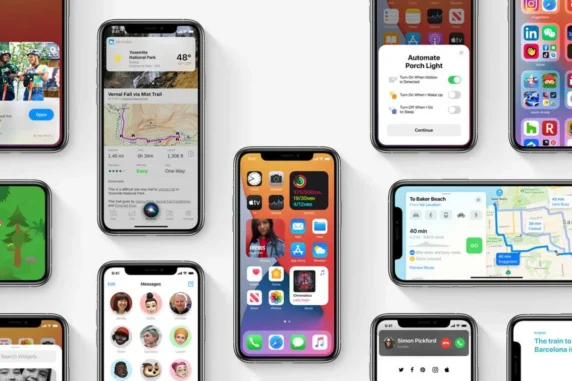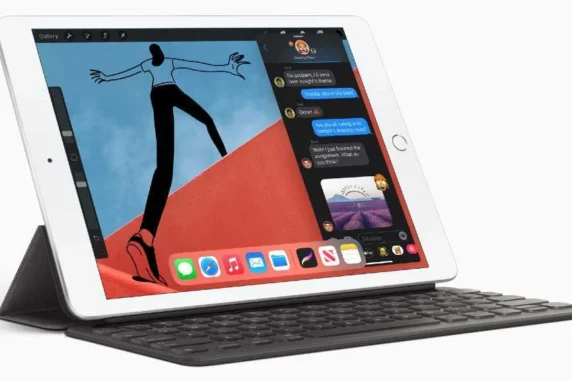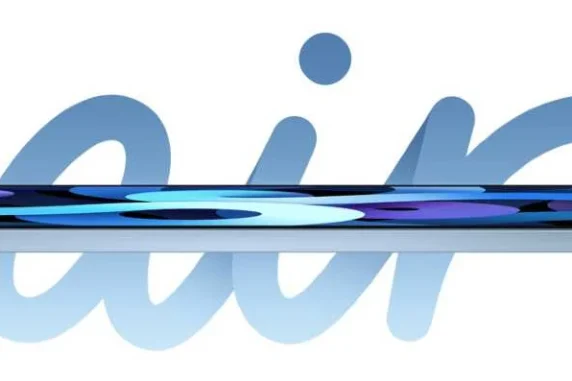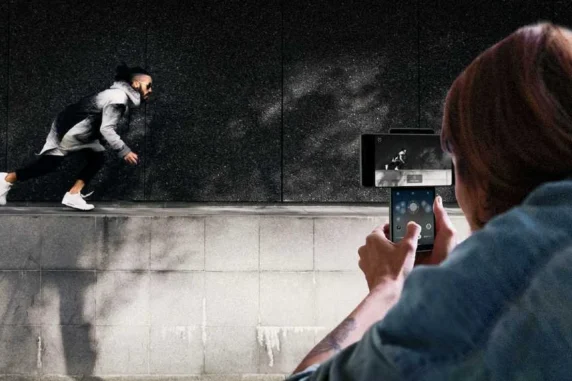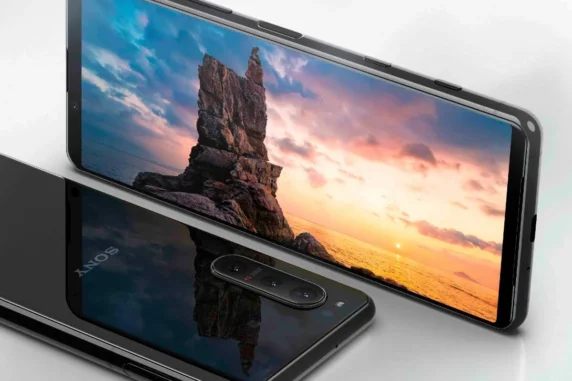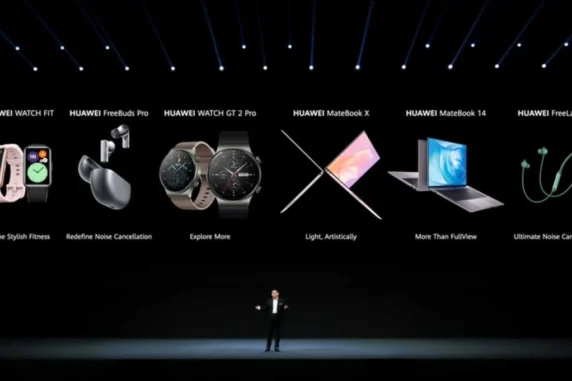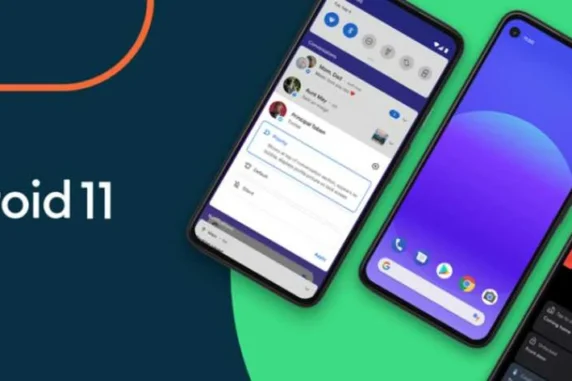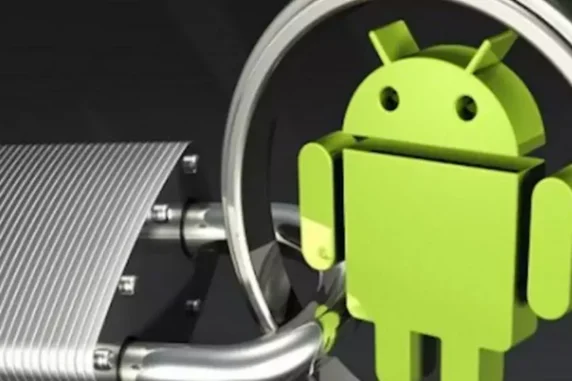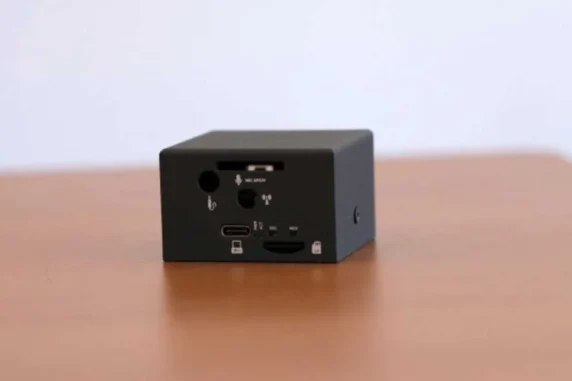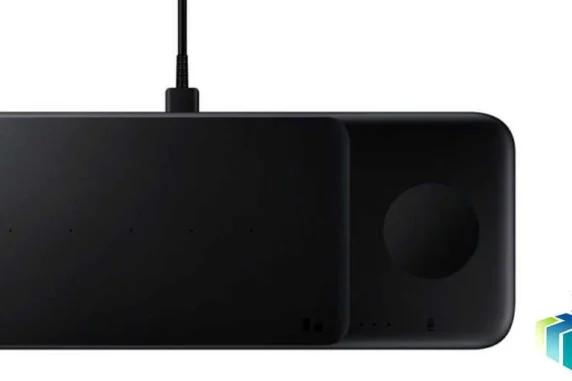In a surprise move, Apple has officially released iOS 14, introducing the biggest update ever to Home Screen pages with redesigned widgets and the App Library, a new way to tap into the App Store with App Clips, powerful updates to Messages, and more.
Apple today introduced the eighth-generation iPad, featuring the A12 Bionic chip that brings the Neural Engine to the entry iPad for the first time. Starting at just £329, the upgrade packs even more value into the most popular and affordable iPad.
Apple today introduced an all-new iPad Air, featuring an all-screen design with a larger 10.9-inch Liquid Retina display, camera and audio upgrades, a new integrated Touch ID sensor in the top button, and the powerful A14 Bionic
LG unveiled its first Explorer Project device, LG WING, at an online launch event livestreamed around the world from its Seoul headquarters. Embodying the Explorer Project’s aim to discover yet unexplored usability concepts in an effort to expand the mobile industry,
Sony today unveiled Xperia 5 II, the company's second 5G enabled smartphone, offering a new internal heat dissipation system and a 120Hz refresh rate OLED and 240Hz sample rate touch input. The new Xperia 5 II (read as mark two) takes many of the features from Xperia 1 II.
At the 2020 Huawei Developer Conference, Huawei Executive Director and CEO of Consumer Business Yu Chengdong announced the launch of HarmonyOS 2.0 and the official open source of HarmonyOS. Yu Chengdong announced that Huawei will officially release the Beta version for mobile phone app developers in December 2020 and that Huawei smartphones will fully support HarmonyOS in 2021.
Huawei today hosted the Huawei Seamless AI Life New Products Global Launch event, where the company announced six new products during today’s keynote: HUAWEI FreeBuds Pro, HUAWEI FreeLace Pro, HUAWEI WATCH GT 2 Pro, HUAWEI WATCH FIT, HUAWEI MateBook X and HUAWEI MateBook 14.
Google launched the Pixel 4a back in August, and the mid-range smartphone is is now available to pre-order on O2, ahead of it going on sale on 1st October. The Pixel 4a has a 4.5% bigger screen than its predecessor but its body is 5.8% smaller overall. At only 144mm in length, 69.4mm in width, 8.8mm in thickness and weighing 143g, the Pixel 4a is one of the smallest phones you can buy in 2020.
Google has officially rolled out Android 11 and in addition to its own Pixel brand, the following companies will be the first to offer downloads of Android 11: OnePlus, Xiaomi, Oppo and RealMe. Samsung, Huawei and LG typically take a little longer to adapt new features to their own user interfaces.
Google has released the September 2020 Android Security Bulletin, giving carriers and device makers a fresh set of patches to install.
Developer Emil Borconi-Szdressy recently launched an Indiegogo campaign for an AAWireless USB dongle that adds wireless Android Auto to your existing car. You’ll need a car infotainment system with wired Android Auto support. While that’s increasingly commonplace, it does rule out upgrading an older ride.
Samsung has unveiled a wireless charging mat that works with three separate devices. The company launched the product at the Life Unstoppable virtual event yesterday (September 2) but has not revealed any information regarding the full specifications or availability details.

